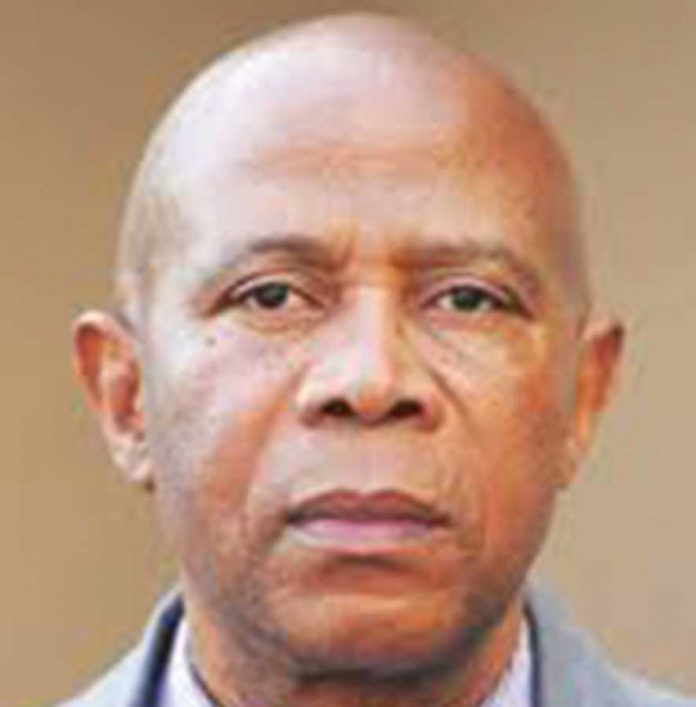What constitutes worker happiness in the workplace? Put differently, why do workers join labour unions in the first place?
Shopfloor workers come from varied backgrounds. Some from LGBTQI+ communities, often oppressed by homophobes. Some from dysfunctional homes, and some even from wealthy settings.
Labour unions do not operate in a vacuum. There are socioeconomic difficulties they face society. After work, workers have to go back to their homes to face depressing situations of poor infrastructure and poor service delivery. These difficulties affect them directly.
This should agitate a measure of concern, not only from society but from union leaders as well.
We all must hold hands to rebuild our troubled country. We cannot wait for politicians to do it for us. In small ways we can all collaborate: union and community leaders; churches, synagogues and mosques; and all of society to roll up our sleeves and do what needs to be done to rescue our country from those who are bent on destroying it.
The crucial point to be made is that South Africa belongs to us all, and so we all have a collateral responsibility to save it from becoming a wasteland.
Why then, in the midst of such economic difficulties of deep unemployment, serious economic shrinkage, huge governance difficulties, are some of the union leaders calling for the country’s economic shutdown?
Do these leaders not recognise the plight of the poor in a country where millions are struggling to make ends meet? Do they not recognise that any shutdown will worsen the situation? Might it be that workers are used as cannon fodder to further their own political ambitions?
Going down memory lane, if we consider a resolution taken at the Media Workers Association of South Africa (Mwasa) congress three or four decades ago about the dangers of unions’ political affiliation, current trade unionism may be enriched.
Mwasa was itself mired in a struggle to liberate workers from the shackles of colonialism and apartheid, poor working conditions and low wages. Wisely, it resolved at its congress that it would be more appropriate not to back any political formation, whether ANC or PAC or Azapo, but to be more focused on labour matters with one eye, and with the other, carefully scan the unfolding political scene.
The decision was borne out of the practical realisation that even as Mwasa’s focus was driven by the objective to liberate the workplace from the tyranny of oppressive bosses, the bigger prize was the total emancipation of the black masses from the apartheid shackles.
Just to make the point, Zwelakhe Sisulu, along with Dr Thami Mazwai, Joe Thloloe, Jon Qwelane and Mathatha Tsedu, was one of the most senior Mwasa leaders, even though he had a strong ANC upbringing, with his father, Walter Sisulu, and all his siblings strongly entrenched in ANC politics.
Labour unions leaders are allowed to straddle a difficult political divide, but their first and primary concern should be to shepherd workers along greener pastures towards happiness.
- Mdhlela is a freelance journalist, Anglican priest, ex-trade unionist and former publications editor of the SA Human Rights Commission journals
For more political news and views from this week’s newspaper, click here.
Follow @SundayWorldZA on Twitter and @sundayworldza on Instagram, or like our Facebook Page, Sunday World, by clicking here for the latest breaking news in South Africa. To Subscribe to Sunday World, click here.
Sunday World



